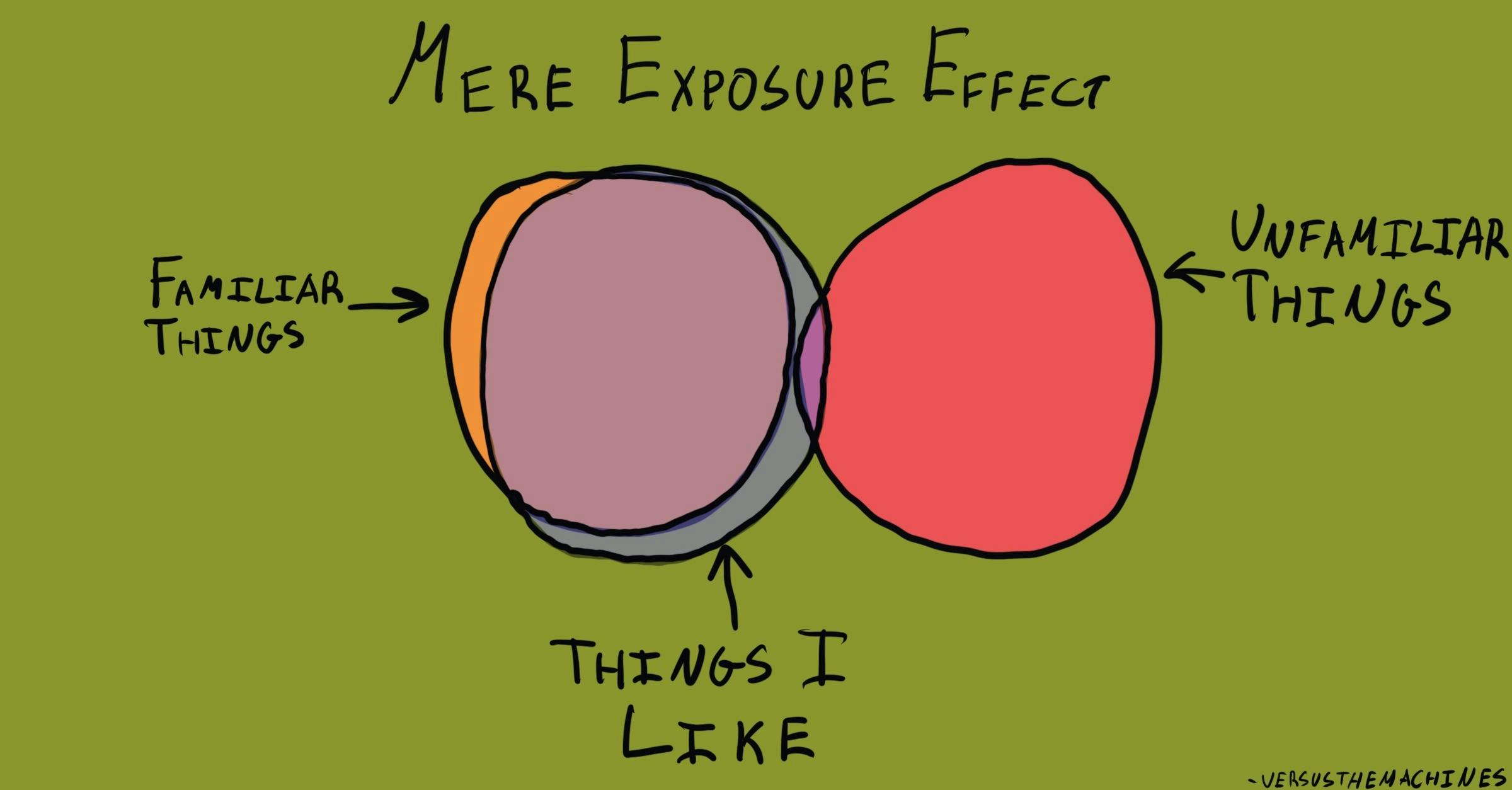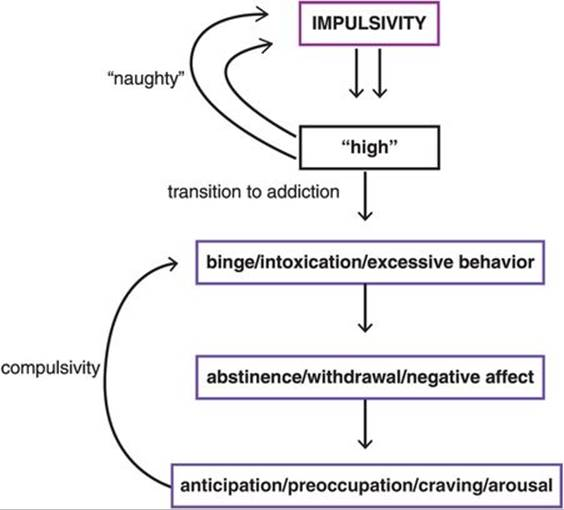Self-control is yet another issue that hit’s home for all of us and we defiantly can relate to it as described in our class. We marry it up to our everyday concerns all of the time, whether is overeating, under eating, smoking or trying to quit smoking, these are the impulses that are positive and negative, that conflict with our outcomes and not an issue of willpower. One classical example that I read in our class slides was that of “Ulysses and The Sirens” a beautiful classic example cited from Greek Mythology. Greek Mythology has given us plenty examples of self- control and this one is my favorite. Basically, I will try to summarize it in a short paragraph. Odysseus and the sirens also known as Ulysses was a respected warrior who is returning to home, it is a war he never wants to fight but his concern comes from an oracle’s prophecy that if he fights, his post war journey home will take a really long time. In retrospect he ends up fighting in the Trojan war and becomes a hero. The sirens are then introduced into the tale and what the sirens want is to really kill all and any humans. What transposes from this are techniques that are used from Ulysses and his crew members aboard his ship that practice self-control and hinder these attacks off. It’s best to read our class slide https://docs.google.com/presentation/d/1t8RNaXnCnL1F9IClxiwed8IF2S67yXHiTRAXxCtFjeg/edit#slide=id.g2a7a18e1e_0105 https://www.awesomestories.com/asset/view/Odysseus-and-the-Sirens to really enjoy the magic of the demonstrated reason behind self-control as an example of ancient Greek Mythology and the relation to our current understanding of it, being Self-Control.






